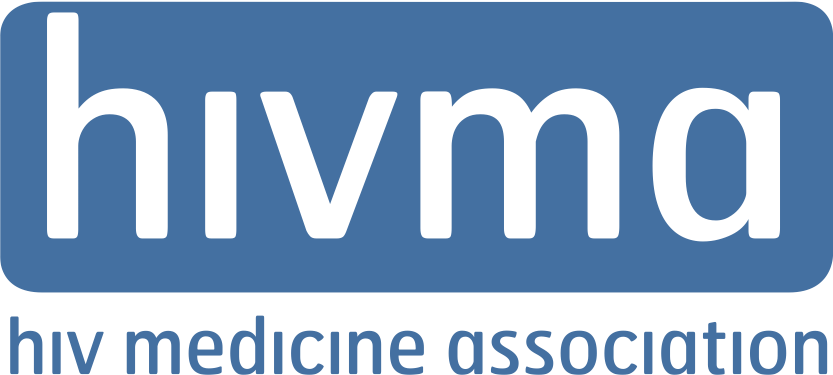02/01/2018
Statement from IDSA and HIVMA on President Trump’s State of the Union Address
During his State of the Union Address last night, the president emphasized his commitment to national security by supporting an end to budget caps for defense spending. The members of IDSA and HIVMA urge the President and Congress to increase that commitment by raising the budget caps for defense and non-defense spending in parity. Doing so, with continued investments in research, health services and infrastructure, and training will strengthen capacities to prevent, detect and respond to health threats at home and around the world. Infectious disease outbreaks, as well as the continuing spread of antibiotic-resistantinfections, pose perils to Americans that must be addressed. Combatting global pandemics that include HIV remain essential to global security and stability.
We strongly agree that the US government must stand by Puerto Rico, the U.S. Virgin Islands and other areas affected by last fall’s devastating hurricane season. We oppose the reported decision by the administration to end FEMA’s shipment of food and water to Puerto Rico as of today, and call upon the administration to reverse this decision immediately. We also reiterate our urgent call for emergency supplemental funding directed to Puerto Rico and other areas affected by the hurricanes to address ongoing public health concerns. Ongoing problems include waterborne pathogens, mosquito transmitted illnesses and other infectious diseases outbreaks on top of providing access to basic preventive and healthcare services. Also, damaged public health facilities need to be repaired and their services restored.
Mention of America’s opioid crisis during the State of the Union address last night must be followed by increased funding and evidence-based policies that go beyond law enforcement if we are to end this epidemic and prevent the co-occurring epidemics of HIV and hepatitis C. The president’s comments and the bipartisan support with which they were received reflect a shared recognition that urgent and comprehensive action is needed to confront the widespread use of prescription and nonprescription opioid drugs and their consequences. Infectious diseases and HIV physicians witness some of the gravest impacts of this crisis, including increased transmission of HIV, hepatitis C and other blood-borne infections, as well as endocarditis. We urge the President and Congress to ensure a new and robust investment with appropriate policies informed by national medical experts and based in science. Goals of such programs should be based on evidence-based prevention and treatment strategies and strengthened public health responses. Everyone in need of prevention and treatment services for opioid addiction should have access to effective programs. While the President announced a $1.5 trillion investment in roads and bridges, well-supported health systems also are critical components of our nation’s infrastructure.
A robust medical workforce is critical to sustaining public health infrastructure and to our nation’s health security. Deferred Action for Childhood Arrival recipients are serving in critical roles throughout the U.S. healthcare system, and we urge an expedient, long-term fix for DACA recipients that allows them to stay in the U.S. and to continue to help meet the healthcare needs of patients across the U.S.

